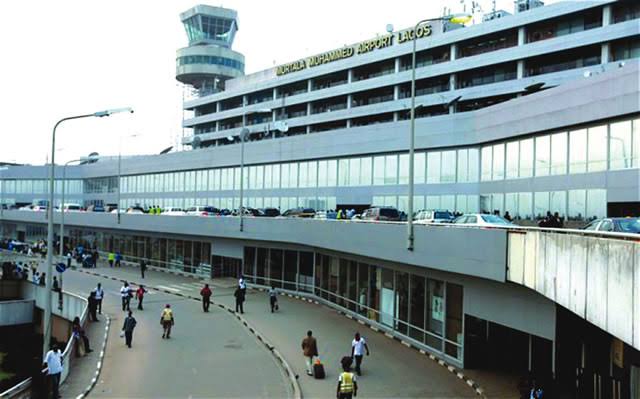Something is deeply troubling about how casually Nigerians disregard the rule of law. From our airports to our streets, there’s a growing culture of “I’ll do as I please” that should alarm anyone who cares about our collective future.
Consider the recent chaos at a Nigerian airport where one passenger effectively held 89 others hostage because she couldn’t have her way. The scene that unfolded on that Ibom Air flight wasn’t just about delayed luggage – it was a perfect illustration of how entitled some Nigerians feel about breaking rules that don’t suit their convenience.
To be sure, anyone who has flown Nigerian airlines understands the frustration of delayed or missing luggage. Our aviation sector isn’t exactly known for five-star service.
But here’s the thing: this passenger had previously experienced a delayed luggage situation with the same airline, and they had delivered her bags all the way to Aba – a city without an airport. If anything, this should have assured her of their commitment to customer service.
Yet, she chose chaos. After signing an indemnity form and verbally agreeing to the luggage arrangement, she proceeded to hold an entire aircraft hostage, refusing all reasonable solutions – including the pilot’s offer to carry her bag in the cabin. Thanks to her theatrics, an infant, a chef with a business commitment, and 87 other passengers had their plans completely derailed.
But this isn’t just about one unruly passenger. The same week, a video emerged from Lagos Island showing four men flogging a salesgirl inside a boutique. Their crime? Taking the law into their hands by administering what they considered “justice” for alleged theft. It’s medieval justice in 21st Century Nigeria.
Here’s what’s particularly fascinating: many of these same Nigerians who treat our laws with contempt become model citizens when they travel abroad. Suddenly, they can queue properly, follow traffic rules, and respect public order. The transformation is almost magical. So what’s really going on here?
I think it’s not so much about our DNA as it is about our dysfunctional relationship with authority and consequences. In countries where laws are consistently enforced, Nigerians behave differently because they know there will be consequences. Back home, years of inconsistent law enforcement have created a free-for-all mentality where everyone feels they can negotiate with the law.
The NCAA official handling the airport incident, Michael Achimugu, made a crucial point worth pondering: certain acts, especially holding up aircraft movement through violent means, could be interpreted as terrorism depending on the severity. Yet, many Nigerians treat such serious infractions as mere inconveniences to be argued away.
Let’s be clear: the rule of law isn’t a buffet where you pick what suits your taste. You can’t claim to want a better Nigeria while actively undermining the very systems meant to create order. Whether it’s an aviation regulation or criminal justice procedure, the law exists to protect everyone – not just when it’s convenient for us.
What’s even more concerning is how these incidents reflect a broader breakdown in our social contract.
When citizens feel they can take the law into their hands – whether in an airport or a boutique – it speaks to a dangerous erosion of faith in our institutions. But here’s the paradox: by undermining these institutions through our actions, we further weaken their ability to serve us effectively.
The good news? The authorities are starting to take action. The unruly passenger is facing prosecution, and the Lagos Police Command has arrested three suspects in the salesgirl assault case. These are steps in the right direction, but they’re just the beginning.
What we need is a fundamental reset in how Nigerians relate to the rule of law. This isn’t about blind obedience to authority – it’s about understanding that a functioning society requires everyone to play by the rules, even when those rules don’t align with our personal preferences.
Our aviation sector, despite its flaws, has protocols in place for a reason. Weight restrictions aren’t arbitrary rules designed to frustrate passengers – they’re safety measures. Similarly, our criminal justice system, however imperfect, exists to ensure fair trials and prevent the kind of brutal vigilante justice we witnessed in Lagos.
The solution isn’t complicated, but it requires collective commitment. We need consistent enforcement of laws, swift consequences for violations, and a cultural shift away from the “do you know who I am?” mentality that has corrupted our public space.
Until we understand that the law isn’t a suggestion but a fundamental framework for societal function, we’ll keep witnessing these episodes of entitled chaos. And each time we do, we move further away from the orderly, progressive nation we claim to want.
For those quick to blame the system, remember: the system is us. Each time we choose to disregard the law because it’s inconvenient, we contribute to its weakness. Perhaps it’s time we started treating Nigerian laws with the same respect we accord foreign ones. After all, if we can do it abroad, we can certainly do it at home.
